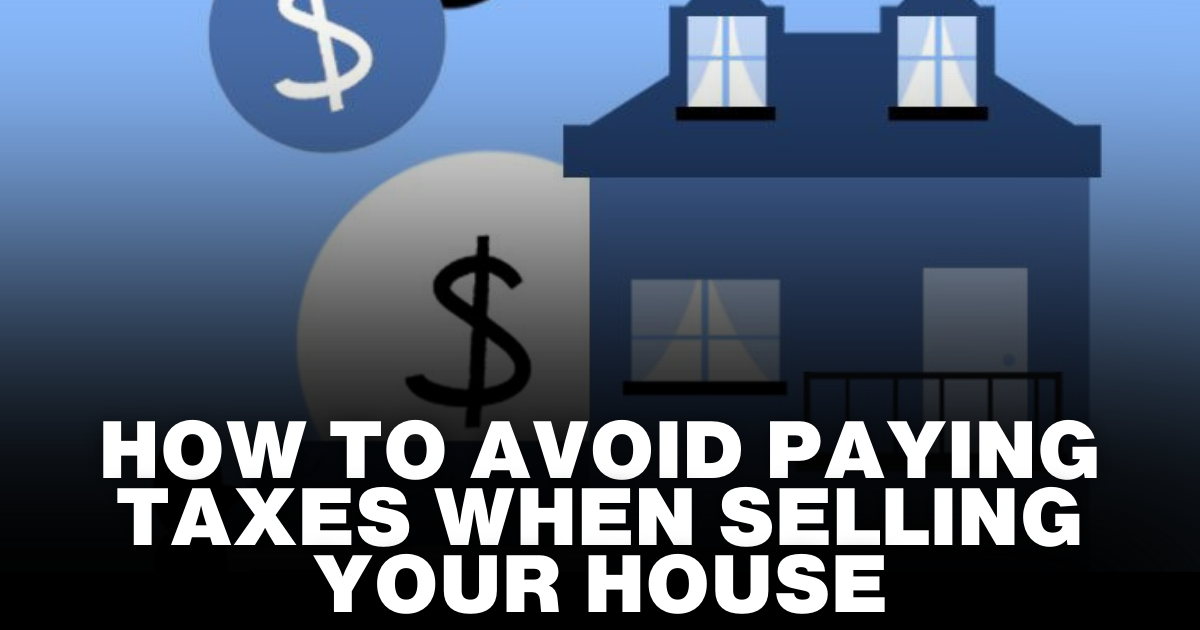How to Avoid Paying Taxes When Selling Your House in California
Selling your home is an exciting milestone, but for California homeowners, understanding tax implications is crucial to keeping more of your hard-earned profits. California’s real estate market and tax regulations can make or break your bottom line if you’re unprepared. The good news? With proper planning and smart strategies, you can minimize—or even avoid—taxes when selling your house. This guide outlines actionable steps to help you navigate California’s tax rules and maximize your profits.
What Is Capital Gains Tax on Selling a Home?
When you sell your house for more than you paid for it (including certain improvements), the profit, called capital gains, is subject to taxes. Fortunately, there are several legal ways to reduce or eliminate this tax in California. By leveraging available exclusions, exemptions, and strategies, you can significantly reduce your tax burden.
1. Leverage the Primary Residence Exclusion
The Primary Residence Exclusion is one of the most effective tools for California homeowners to avoid paying capital gains taxes:
Single Filers: Exclude up to $250,000 in profits
Married Filers (Jointly): Exclude up to $500,000 in profits
How to Qualify for the Exclusion
To take advantage of this exclusion:
You must have owned and lived in the property as your primary residence for at least two of the past five years before the sale
The exclusion can only be used once every two years
If your profit is below the exclusion threshold, you won’t owe federal or state capital gains taxes. This makes the Primary Residence Exclusion a powerful way to sell tax-free.
2. Time the Sale Strategically
Timing is everything, especially when selling your home in California. Capital gains taxes are influenced by your annual income, so selling your house during a low-income year can reduce your tax liability.
Lower Income, Lower Taxes: Capital gains taxes are based on your income bracket, so selling when your overall income is lower can help you qualify for a 0% or reduced capital gains tax rate
Spread Out Income: Avoid selling during a year when you’re expecting significant income, such as bonuses, stock sales, or other windfalls, as this can push you into a higher tax bracket
3. Maximize Your Cost Basis
Your cost basis is the amount you originally paid for the home, plus allowable costs such as improvements. A higher cost basis reduces your taxable gains. Here’s how to maximize it:
Include Capital Improvements
Examples: Adding a new roof, installing energy-efficient windows, upgrading kitchens or bathrooms, and landscaping improvements
Pro Tip: Keep detailed receipts and records for all home improvements. These documents are essential if the IRS audits your claims
By raising your cost basis, you effectively lower the amount of profit that’s taxable, which could save you thousands.
4. Consider a 1031 Exchange for Investment Properties
If you’re selling an investment property, the 1031 Exchange allows you to defer capital gains taxes by reinvesting the proceeds into a “like-kind” property.
Key Requirements for a 1031 Exchange
The replacement property must also be used for investment purposes
You must identify the new property within 45 days and close the purchase within 180 days
While this strategy isn’t applicable to primary residences, it’s an excellent option for rental properties or vacation homes.
5. Offset Gains with Capital Losses
If you’ve incurred losses from other investments (e.g., stocks, bonds), you can use those losses to offset your capital gains from the home sale. This strategy, known as tax loss harvesting, reduces your overall taxable income.
Example: If you earned $100,000 in capital gains from your home sale but had $20,000 in investment losses, your taxable gain would be reduced to $80,000
Carryover Losses: If your losses exceed your gains, you can carry them forward to future tax years
6. Plan Ahead in Divorce Situations
Divorce can complicate the sale of a home, but with proper planning, it can also present opportunities to minimize taxes:
Sell Before Divorce: Married couples filing jointly can exclude up to $500,000 in profits, while single filers only qualify for the $250,000 exclusion. Selling the house before finalizing the divorce can double the tax savings
Understand Your Share: Be clear on how the home’s value and profits will be split between you and your ex-spouse
7. Explore California-Specific Property Tax Exemptions
California offers several programs to reduce property taxes, which can indirectly impact your overall tax burden:
Homeowners’ Exemption: Reduces the assessed value of your primary residence by $7,000, lowering your property taxes
Special Programs: Seniors, disabled veterans, and nonprofit organizations may qualify for additional property tax exemptions
While these exemptions don’t directly affect capital gains, they contribute to overall savings when selling your home.
Final Thoughts: Smart Planning Equals Big Savings
Selling a house in California comes with potential tax obligations, but understanding the rules and strategies can help you keep more of your profits. From leveraging the Primary Residence Exclusion to maximizing your cost basis and considering a 1031 Exchange, there are numerous ways to minimize or avoid taxes entirely.
Ready to navigate your home sale with confidence? Schedule a free consultation with me today, and let’s create a personalized strategy to protect your profits and achieve your financial goals.
Legal Disclaimer
This content is provided for informational purposes only and does not constitute financial, tax, or legal advice. Always consult a qualified tax professional, financial advisor, or attorney to discuss your unique circumstances before making any decisions.

